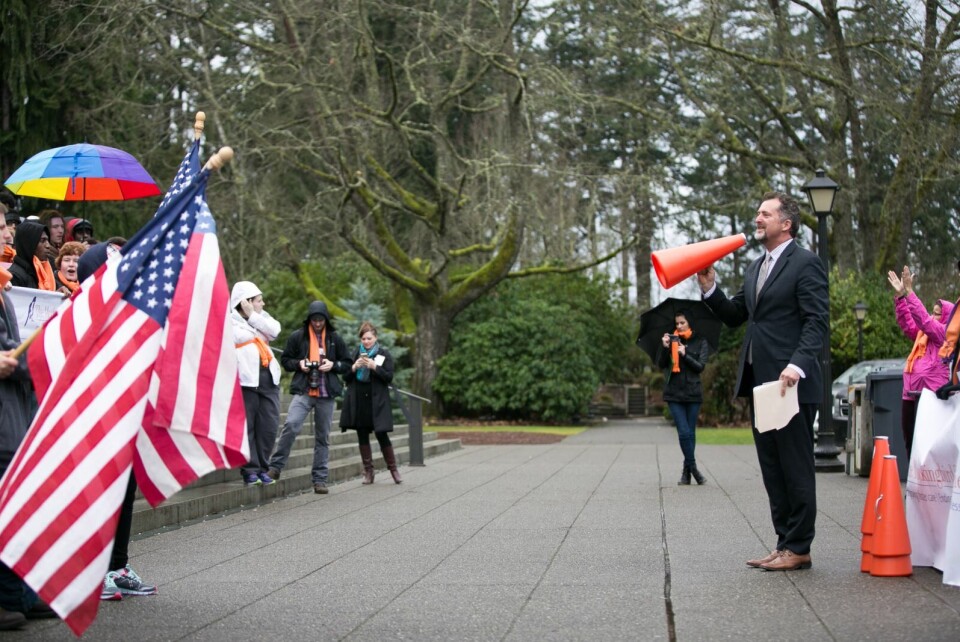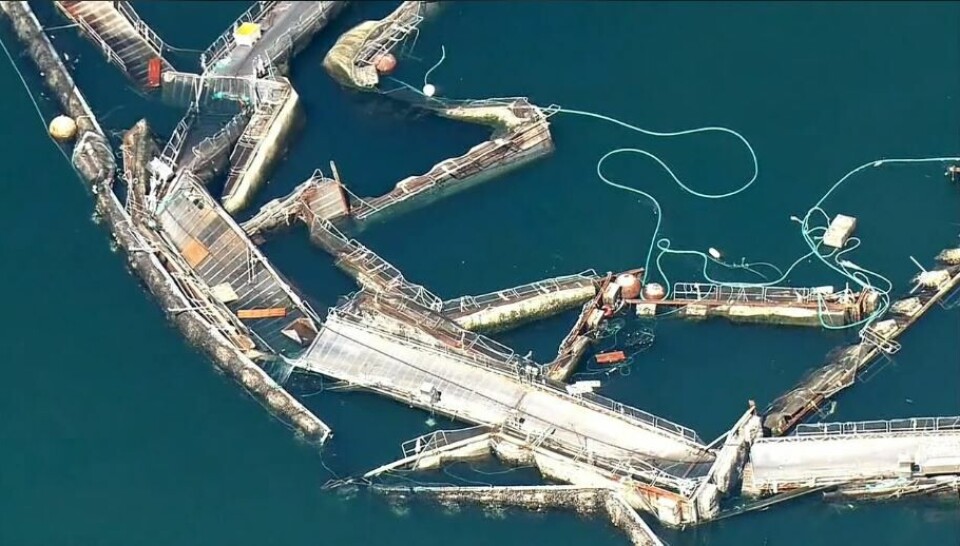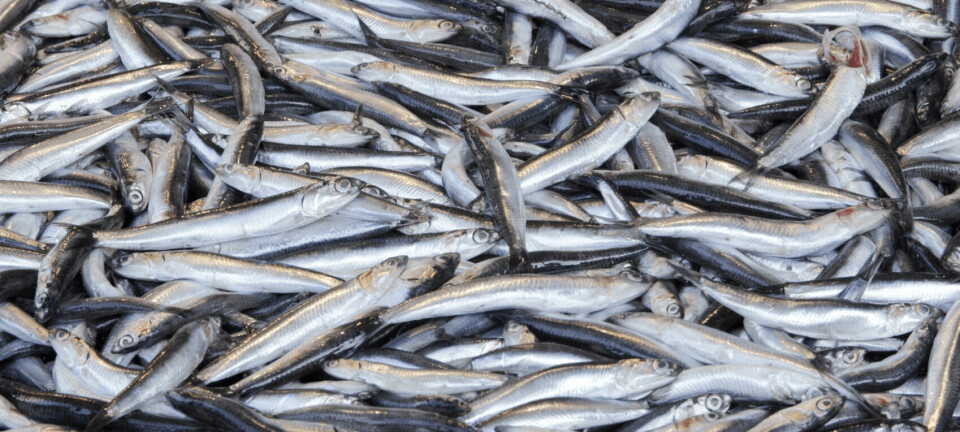
Senator bids to ban net-pen salmon farming
A US politician is attempting to ban net-pen salmon farming in Washington state following the escape of thousands of fish from a Cooke Aquaculture Pacific farm at Cypress Island.
The legislation proposed by Washington senate member Kevin Ranker would allow existing state leases for the eight Atlantic net-pen farms now operating in Washington to run out by 2025, reports the Seattle Times. All eight are owned by Cooke, and were bought from Icicle Seafoods last year.
No permits for new farms would be granted, and no renewals for existing leases would be allowed. The bill also would require state agencies that regulate net-pen farming to keep a tighter watch on operations.

Ranker is a member of the Democratic party, which gained control of the Washington State Senate the week before last. In his official party biography, he is described as "an avid surfer, fisherman, sailor and runner", and served as an advisor to President Obama’s National Ocean Council.
'A big problem here'
According to the Seattle Times, Ranker called the escape of more than 100,000 Atlantic salmon into Puget Sound “a disaster,” but not his biggest concern about the industry.




















































